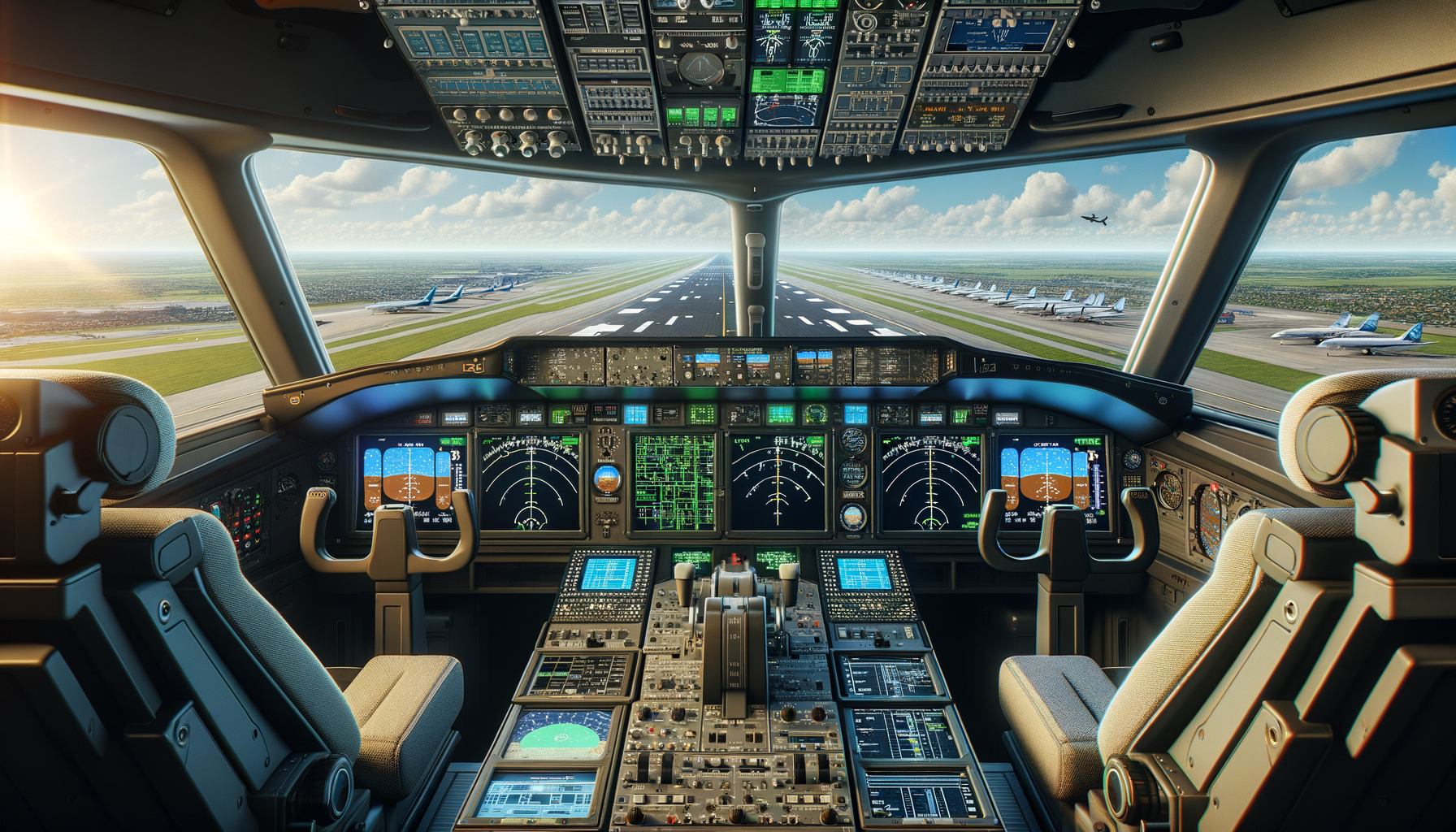
Exploring the Path to a Career in Aviation: Training and Opportunities
Introduction to Aviation Training
The aviation industry is a dynamic and rapidly evolving sector that offers a multitude of career opportunities. From pilots to air traffic controllers, aviation training is essential to ensure the safety and efficiency of air travel. This training is not only about learning to fly an aircraft but also encompasses a wide range of skills and knowledge areas, including meteorology, navigation, and aircraft systems. Aviation training programs are designed to equip individuals with the necessary skills to excel in various roles within the industry.
One of the key components of aviation training is its structured approach, which often includes both theoretical and practical elements. Trainees are required to undergo rigorous assessments and simulations to prepare them for real-world scenarios. This comprehensive training ensures that aviation professionals are well-prepared to handle the complexities of the job, making aviation training a critical step for anyone aspiring to join this field.
Types of Aviation Training Programs
Aviation training programs are diverse, catering to different career paths within the industry. Some of the primary training programs include:
- Pilot Training: This is perhaps the most well-known type of aviation training. It involves learning to operate various types of aircraft, understanding flight dynamics, and mastering navigation techniques.
- Air Traffic Control Training: Air traffic controllers play a crucial role in maintaining the safety and efficiency of air travel. Training for this role involves learning to manage aircraft movements, communicate effectively with pilots, and handle emergency situations.
- Aircraft Maintenance Training: Technicians and engineers are trained to perform routine maintenance, troubleshoot issues, and ensure that aircraft are in optimal condition for flight.
- Cabin Crew Training: Flight attendants are trained in customer service, safety procedures, and emergency response to ensure passenger comfort and safety.
Each of these programs is tailored to provide specialized knowledge and skills, ensuring that trainees are well-prepared for their respective roles.
The Future of Aviation Training
As technology continues to advance, the future of aviation training is poised for significant transformation. Virtual reality (VR) and augmented reality (AR) are becoming increasingly popular tools for training, offering immersive experiences that enhance learning outcomes. These technologies allow trainees to practice scenarios in a safe and controlled environment, improving their readiness for real-world situations.
Moreover, the growing emphasis on sustainability in aviation is influencing training programs. New courses are being developed to educate aviation professionals on eco-friendly practices and the use of sustainable aviation fuels. This shift not only aligns with global environmental goals but also prepares the industry for future regulatory changes.
The demand for aviation professionals is expected to rise, driven by the expansion of air travel and the retirement of the current workforce. This presents a promising outlook for those considering a career in aviation, as training programs continue to evolve to meet the needs of the industry.


